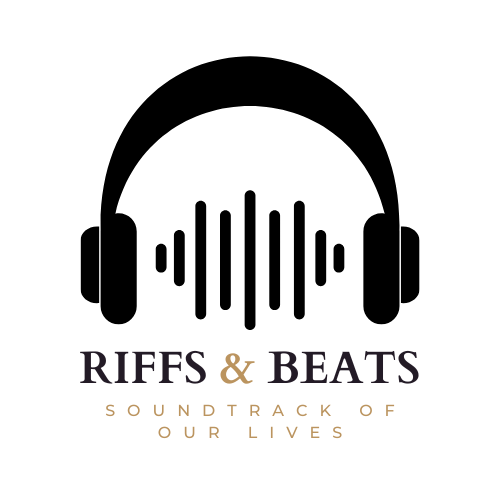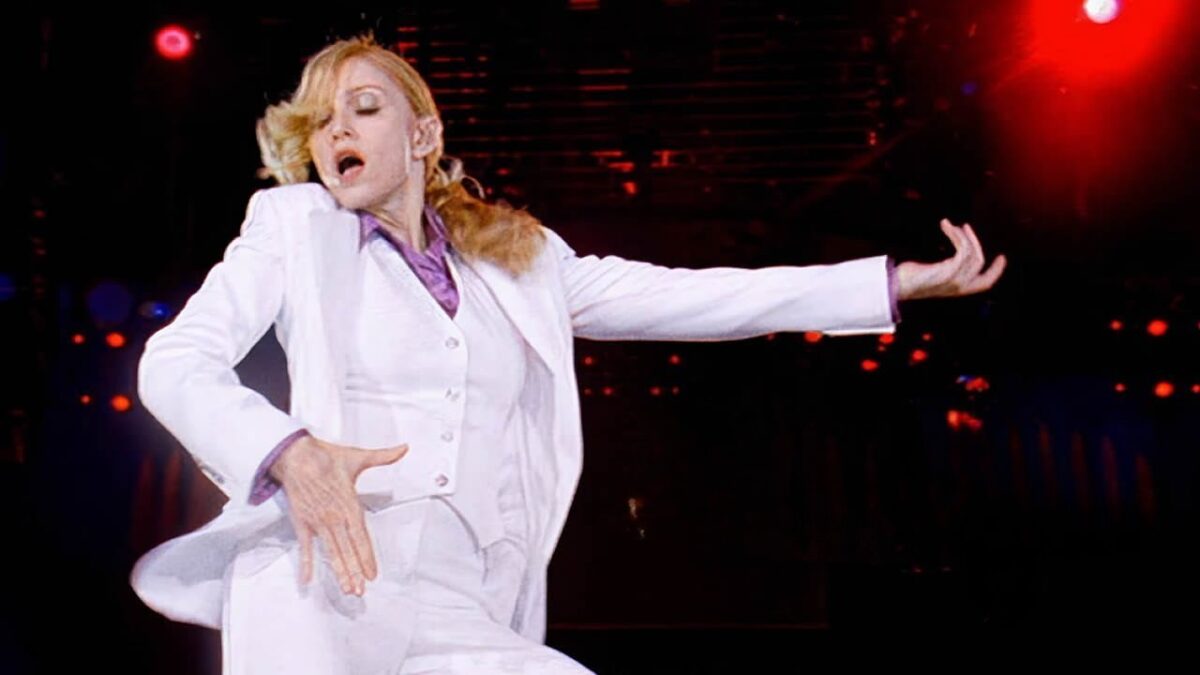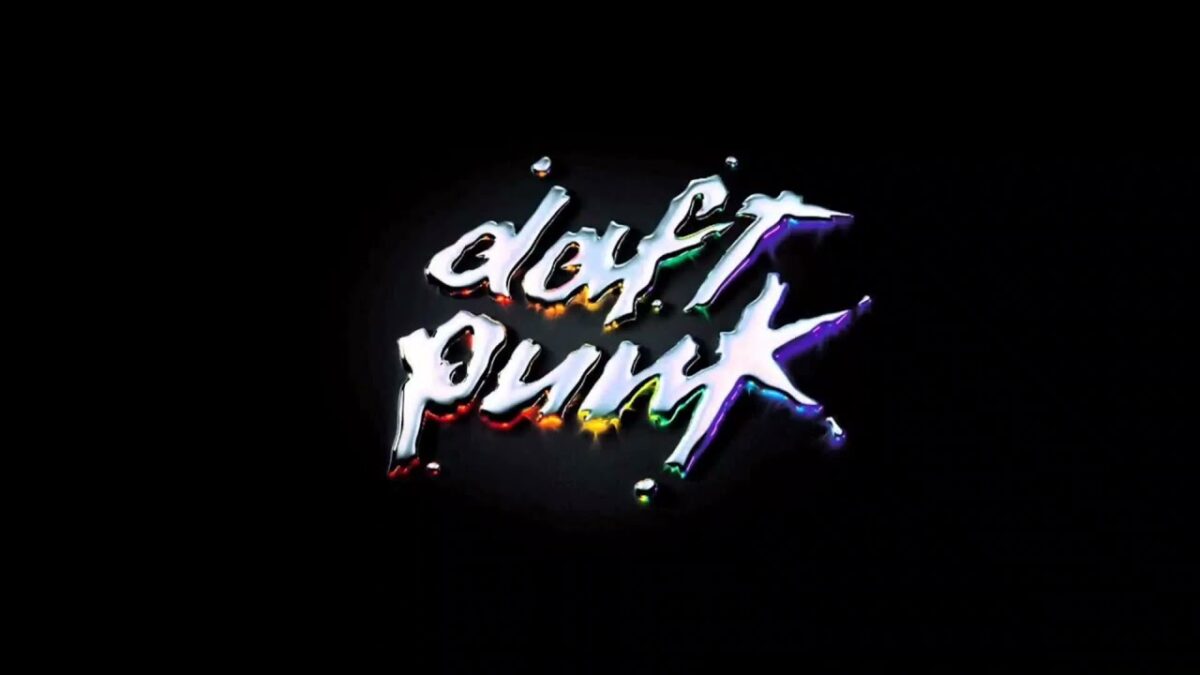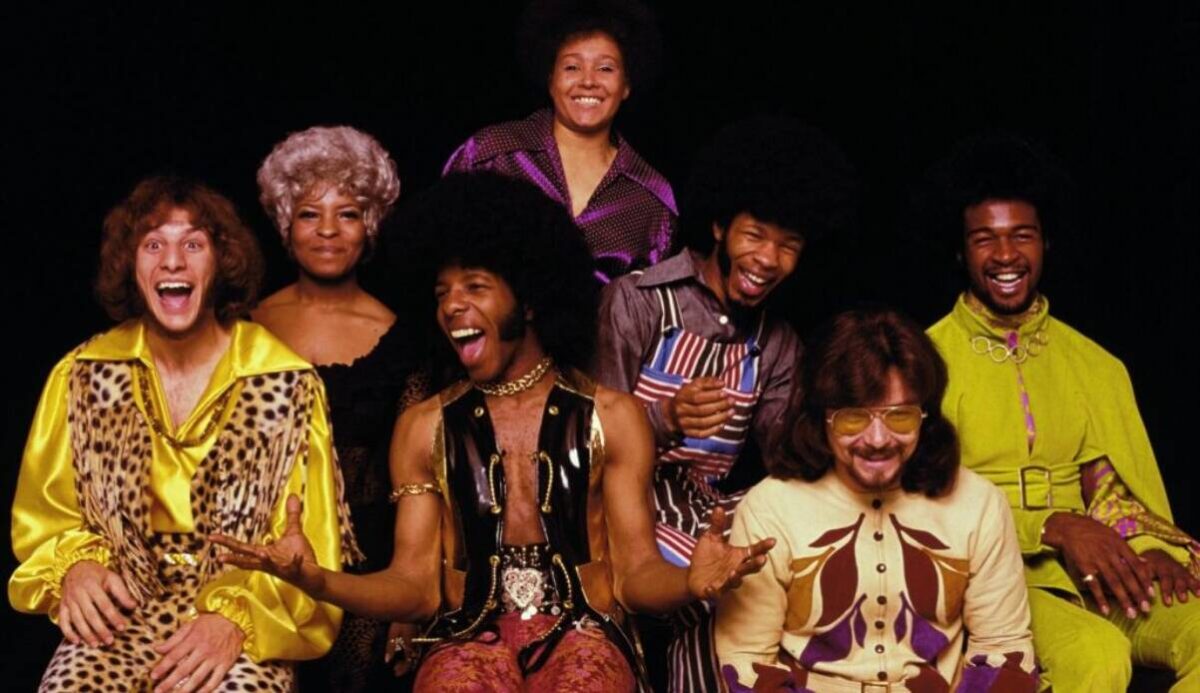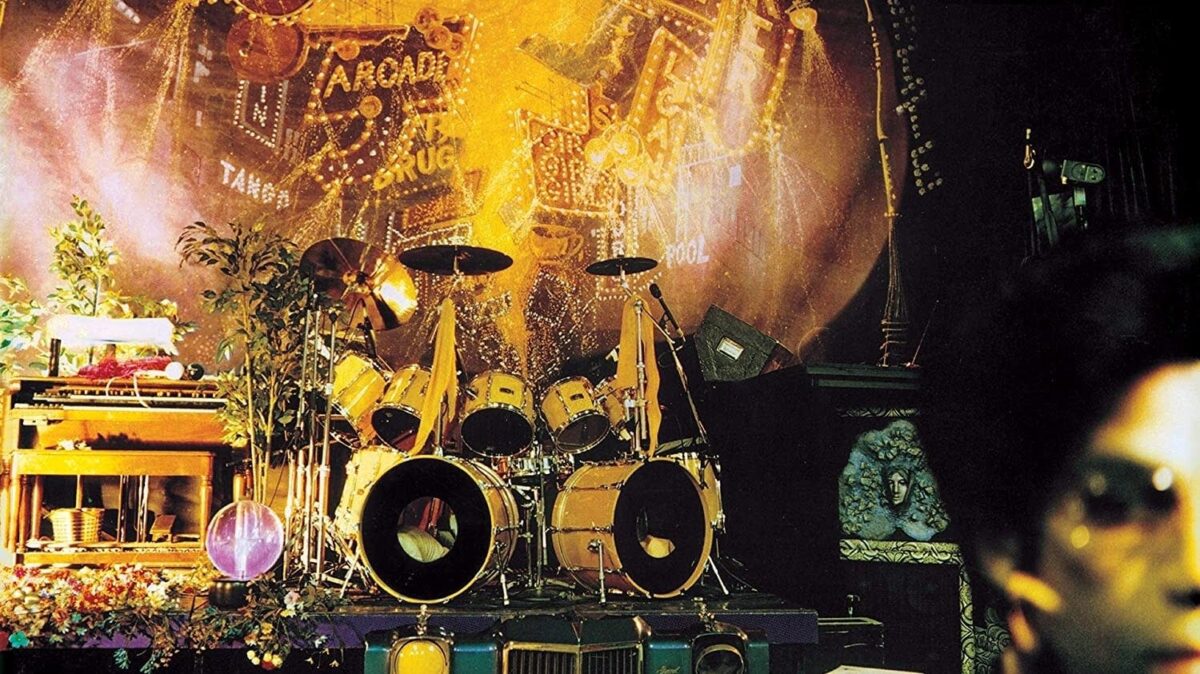Desire on a loop
I Feel has a heartbeat at its core. Love that never dies. It begins like a machine waking up in a neon-lit cave, then opens into a constant throb that ascends your spine and resonates in your chest. Using a Moog modular synth that hiss and pulses like circuitry falling in love, Giorgio Moroder and Pete Bellotte create the structure. Donna Summer hovers above it detached, seductive, exact. Her voice is not narrating a story. It is being a sense, a sensation distilled into breath and regularity.
Donna had already performed the disco floors with Love to Love You Baby, whispering through moans that shocked America. But here she was cruising well over the velvet ropes and champagne flutes. Though its core is Berlin concrete and red lasers, I Feel Love came out in 1977 under Studio 54 fever. Not New York, but Munich recorded the backing track. This is a small but significant point. While America danced in soul, Europe was dreaming in electronics. Boston-born gospel singer Donna, who previously toured with Hair, contributed her voice to a future she just sensed rather than comprehended.
The song’s lack of crescendo makes it hypnotic. The beat recurs, loops, dives deep into the unconscious. The bassline is mechanical but strangely warm, synthetic. Her words are little, real present tense, real sense. The track hangs, like a kiss held just too long; it does not move forward. It forecasts house music, trance, techno, even Kraftwerk’s chill and the sweat of Chicago clubs. Brian Eno reportedly warned Bowie, after listening to it, that it would alter club music’s sound for fifteen years. He was misinterpreting the limit.
I’ve heard the sound of the future… This single is going to change the sounds of club music for the next fifteen years.
(Brian Eno To David Bowie, 1977)
Donna Summer wasn’t a producer, but she knew how to haunt a beat. Her upbringing in church choirs gave her a control that kept the moans on Love to Love You Baby from turning into parody. On I Feel Love, she becomes more mechanical, less human, and that choice makes her all the more seductive. She could pull emotion from restraint, not excess. Her voice is both present and distant, the ghost in the machine. There’s no ad lib, no shout, no gospel crescendo. Just a sigh trapped in circuitry.
When the needle drops, time suspends. There’s no narrative to follow, just the repetition of desire as form. The track became a club essential, a DJ tool, a talisman. Remixed, reissued, sampled, but never outmoded. Donna Summer, crowned the Queen of Disco, walked calmly into the future while the rest of the scene exploded in glitter. And in I Feel Love, that future pulses on, still humid with breath, still wired for longing.
